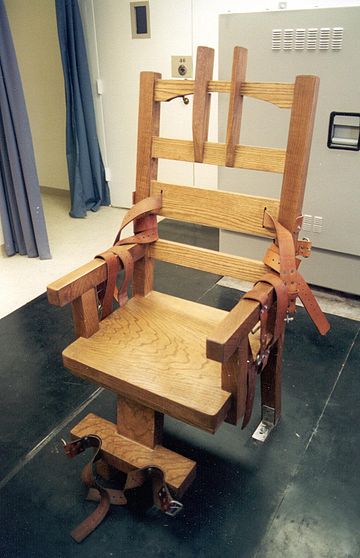Columbia, SC – South Carolina’s Supreme Court has ruled in favor of allowing the state to execute death row inmates by firing squad, lethal injection, or the electric chair, paving the way for the resumption of executions after a decade-long hiatus. The ruling, which saw all five justices agreeing with at least part of the decision, has sparked significant discussion, particularly regarding the legality and ethics of the firing squad and electric chair.
Justice John Few, who penned the majority opinion, defended the decision by stating that providing inmates with a choice between the three methods was not intended to inflict additional pain but to render the death penalty less inhumane. Despite this stance, two justices expressed reservations about the firing squad, while another voiced concerns about the electric chair potentially constituting cruel and unusual punishment.
Governor Henry McMaster welcomed the court’s decision, emphasizing its role in ensuring that lawful sentences are carried out and offering closure to the families and loved ones of victims. “This decision is another step in ensuring that lawful sentences can be duly enforced and the families and loved ones of the victims receive the closure and justice they have long awaited,” McMaster stated.
The court’s ruling comes after death row inmates challenged the state’s decision to make electrocution the default execution method due to difficulties in procuring lethal injection drugs. Despite the legal battle, the conservative-majority court ultimately sided with state prosecutors.
With this ruling, South Carolina prepares to resume executions for the first time since 2011. The decision could immediately impact eight inmates who have exhausted their traditional appeals, though it remains uncertain when executions will commence or whether death row inmates’ attorneys will seek further appeals.
Currently, there are 32 inmates on South Carolina’s death row, awaiting the enforcement of sentences that have now gained renewed clarity with the court’s ruling.










